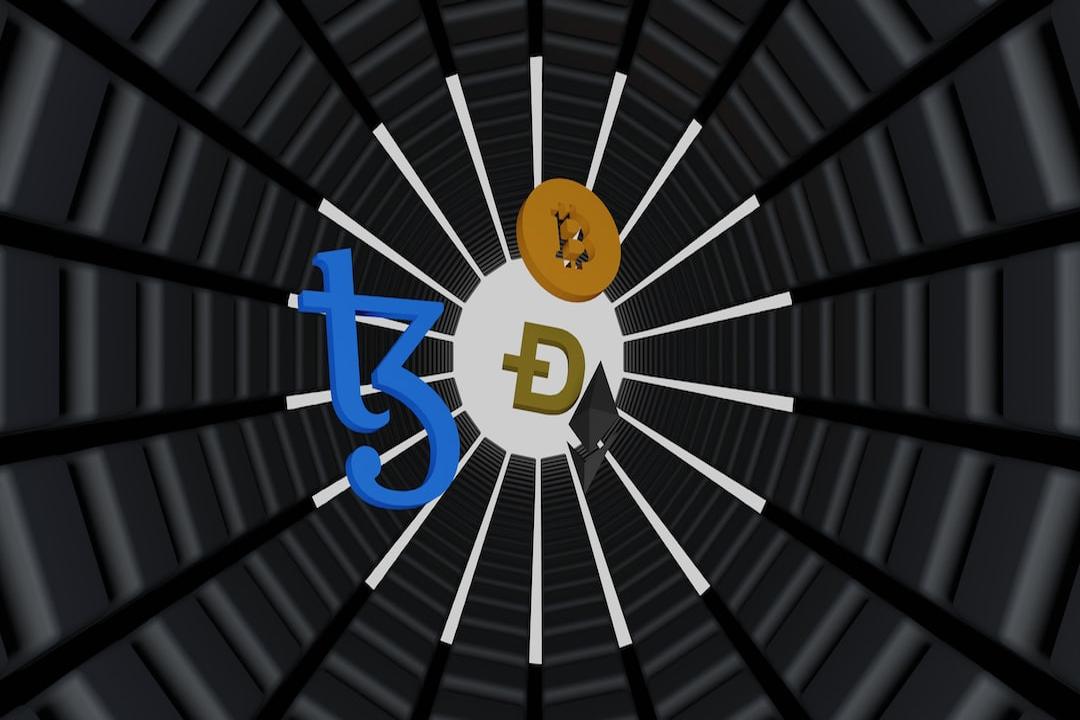Update July 3, 11:30 am UTC: This article has been revised to clarify that the license applies to Robinhood Crypto.
Robinhood has extended its crypto services to Hawaii, Puerto Rico, and the U.S. Virgin Islands, the brokerage platform announced on July 2, following a significant regulatory shift by Hawaii’s Department of Commerce and Consumer Affairs (DCCA).
On June 28, the Hawaiian regulator declared that cryptocurrency services no longer require a money transmitter license to operate within the state. This change is a substantial victory for the industry, as Hawaii is known for its stringent financial regulatory environment, comparable to California and New York.

Source: Robinhood
Robinhood Crypto may leverage Bitstamp to offer crypto futures to U.S. and European customers. According to a recent Bloomberg article, Robinhood is contemplating utilizing Bitstamp’s regulatory licenses to provide crypto futures trading to its customers in the U.S. and Europe.
In June, the brokerage platform agreed to acquire Bitstamp for $200 million to enhance its institutional client services. The acquisition is pending finalization and is expected to close in 2025. When the deal was announced, Robinhood’s general manager of crypto, Johann Kerbrat, stated that the company’s move was driven by increasing client demand for crypto products.
Related: Robinhood users are getting AI tools to help them trade
Robinhood is widely favored for its commission-free trading model and user-friendly interface. However, the platform remains controversial due to allegations of market manipulation during the 2021 meme stock frenzy, where stocks like GameStop and AMC experienced dramatic price surges due to intense investor interest.
The fundamentals of the businesses underlying these meme stocks often diverge significantly from the social media-driven hype that propels their prices. In a 2021 lawsuit, investors accused Robinhood of restricting access to these stocks at the peak of the mania, leading to what they claimed were billions of dollars in losses. Robinhood defended its actions by arguing that the trading limits were necessary to protect both individuals and the platform from excessive volatility.
More recently, in May, Robinhood announced it was nearing a settlement with the plaintiffs, though the specific terms of the settlement have not been disclosed.
Magazine: ‘Bitcoin Layer 2s’ aren’t really L2s at all: Here’s why that matters

